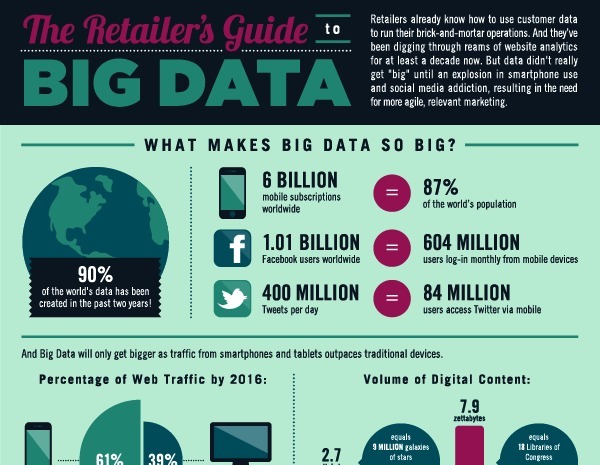A fundamental question remain unanswered in relation to water: At what costs is it economical for cities to bring additional water resources online? In other industries, e.g. oil, this question is easy to answer. Water industry, however, is treated quite differently by politicians, Wall St and other policymakers.
Large amounts of data are available in relation to water - volumes, expenditure, energy costs. These, when analyzed, would allow for creation of an universal index that can be used to evaluate attractiveness, or otherwise, of water investment.
And, this is what Water Cost Index developed by
+IBM and Waterfund is looking to achieve.
Full article can be accessed
here on SustainableCitiesCollective blog.



